when do babies start cooing and trying to talk
The average window for your baby to talk is between 7-12 months of age but this can happen earlier. The African Grey parrot is a relatively easy bird to breed and if the above tips are followed they can be quite productive.
When do babies start cooing and trying to talk Tuesday May 31 2022 Edit.

. Cooing usually begins between the ages of six and eight weeks. But cooing can vary from baby to baby. But cooing like all milestones can vary from baby to baby.
They name familiar people and objects such as ma-ma da-da ball and cat. Many babies start using single words. In the beginning babies repeat the same sounds over and over.
Cooing usually begins between the ages of six and eight weeks. Babies usually begin to coo around six to eight weeks of age. Around 6-8 months old your baby may start gurgling and cooing more in response to your voice.
You are your childs first teacher. Typically right before that 1-year mark babies. Babies start cooing around 6-8 weeks of age.
Words like mama dada and possibly even baba. During this age range here is what is considered baby talk. She may start understanding what you are talking about and reciprocate with a cooing sound or a smile.
Is babbling the same as cooing. Talking to your baby is essential for their language and communication development. If your baby isnt cooing right at six weeks dont worry.
You are now ready to start breeding your African Grey parrot and. Babies and toddlers can learn. Early babbling sounds like ba-ba-ba-ba-ba da-da-da-da or ma-ma-ma-ma-ma.
This might be different if the baby was born early. Youll probably hear her say mama in reference to you for the. The Best Age For Speech Therapy Wee Talkers Toddler Language Development Speech Therapy Speech.
Cooing is among the vital milestones for babies which babies achieve at a certain. They also begin to respond to sounds smile and mimic your facial expressions at this age. This is an exciting time for parents as.
After the first few months of baby babble your baby begins to say random words. Talk to your Baby. Typically babies start making cooing sounds around 2 months old but it can occur earlier.
As with all developmental. Remember that babies develop at their own pace so not every child will start cooing at the same age. Your baby will begin by using their tongue lips palate and any emerging teeth to make sounds cries at first then coos in the first month or two and babbling around 4 months.
Between 12 and 17 months you can expect your baby to start attaching meaning to the sounds shes making. Babies start to coo and smile when they are six to eight weeks old. When do babies start cooing.
If youre concerned that your baby isnt cooing yet talk to your pediatrician. At 12 to 18 months old. Your baby may begin to try to speak from as early as 6 months of age.
When Do Baby Start Cooing and Smiling. Months twelve to eighteen are the average age babies start talking.

3 Month Old Baby Development Milestones Growth Babycenter
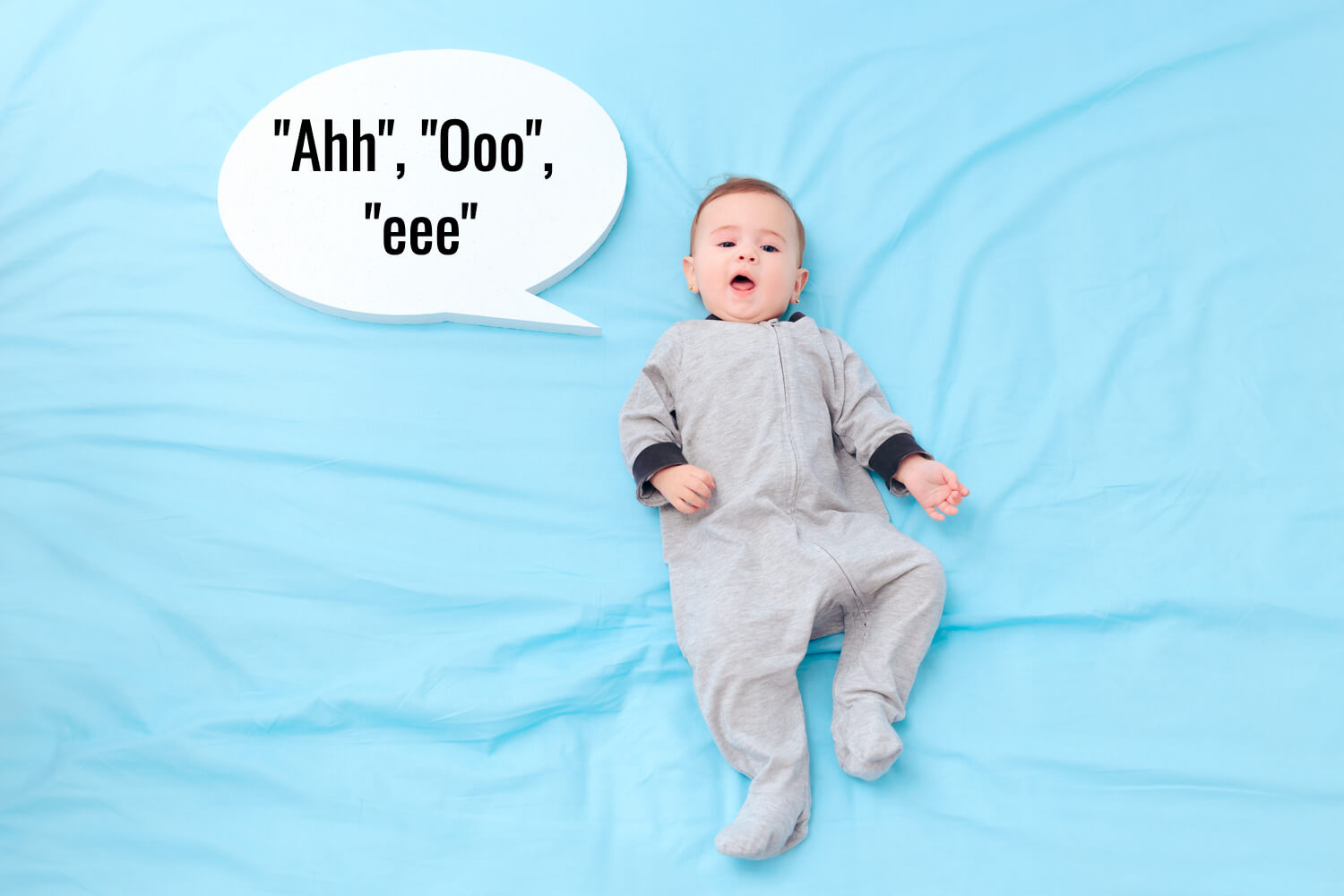
Baby Cooing When Do They Start And How You Can Help Being The Parent

Signs That Your Baby Will Soon Start Talking Huggies India

18 Month Old Not Talking Here S What Parents Need To Know

0 3 Month Baby Game Cooing And Gurgling Baby Is Talking To You As They Coo And Gurgle And They Re Waiting For You To Respond Talking To Baby Is Great For Parent

Breaking The Code Of Baby Babble
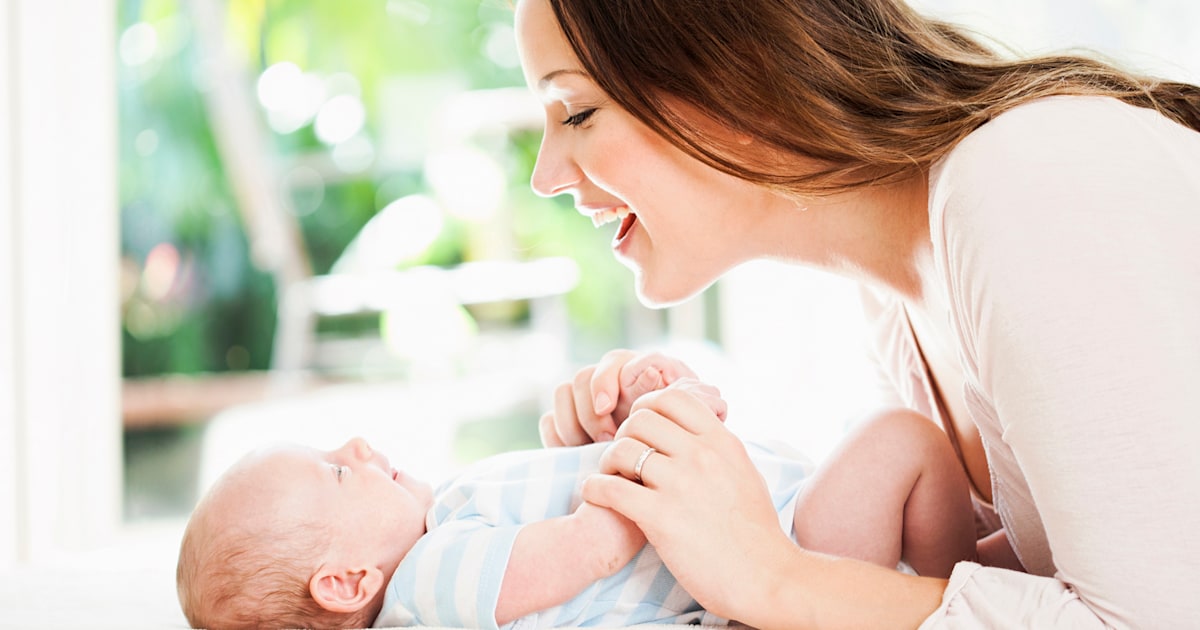
When Do Babies Start Talking And Other Verbal Milestones

Baby Babbling How And When It Develops Tips To Encourage
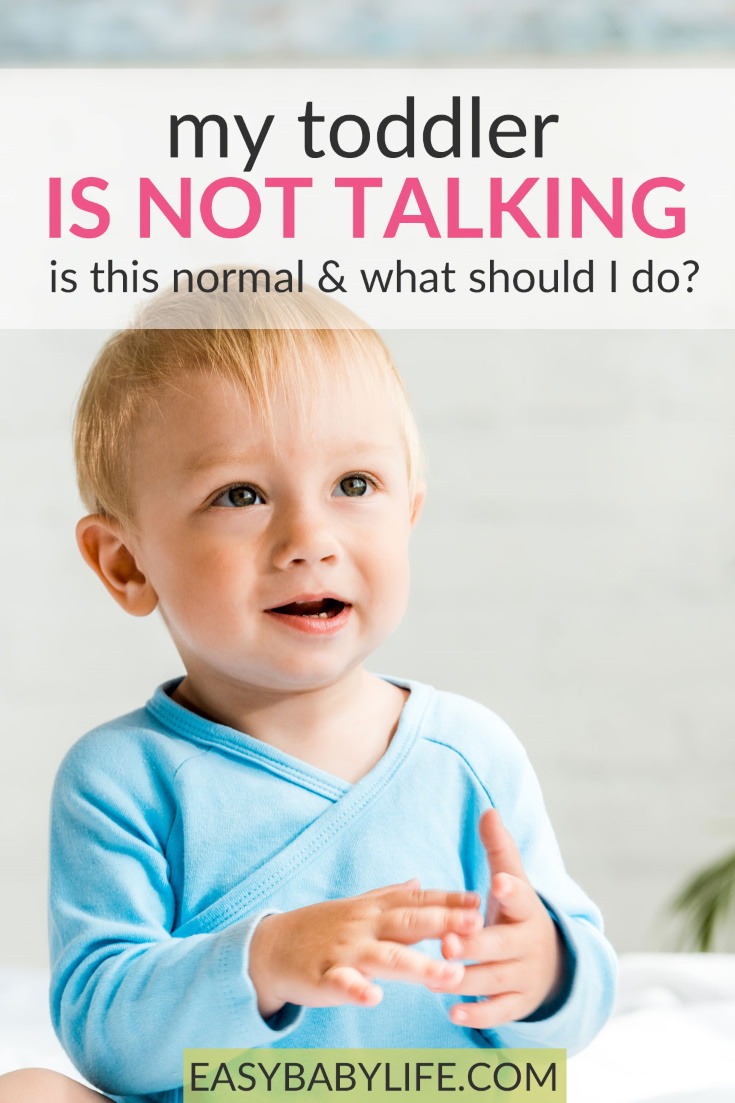
What If A 21 Month Old Toddler Is Not Talking
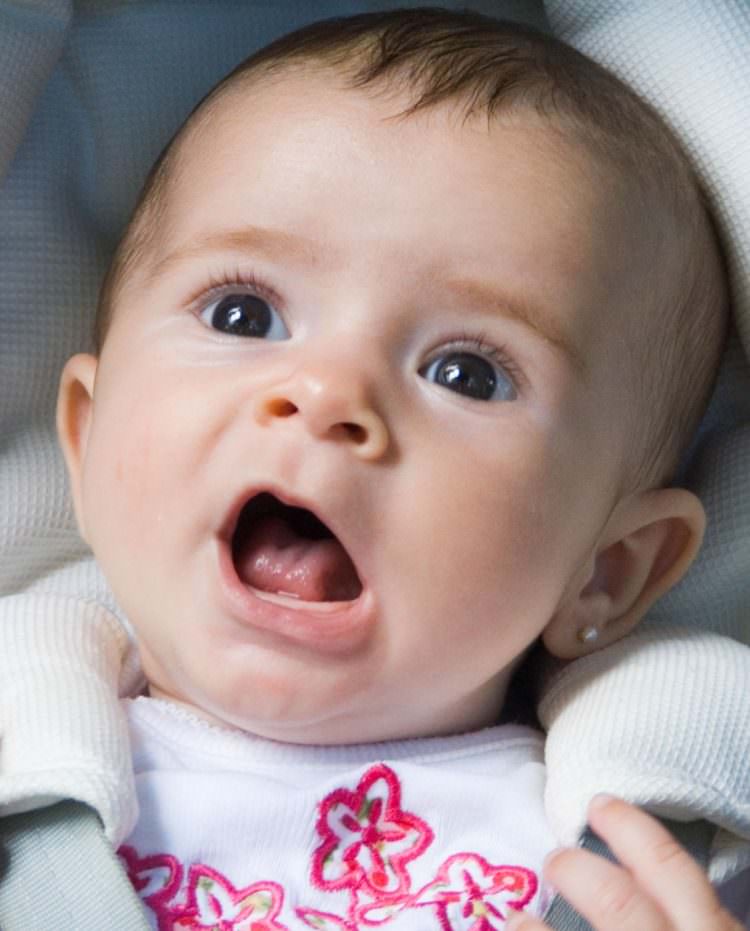
When Do Babies Start Talking 27 Speech Milestones Parents Should Track
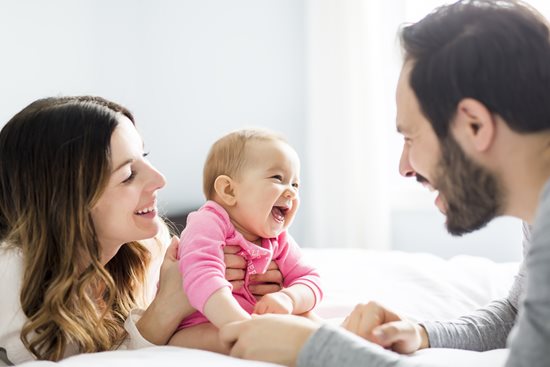
How To Stimulate Language Development In Babies Nicklaus Children S Hospital
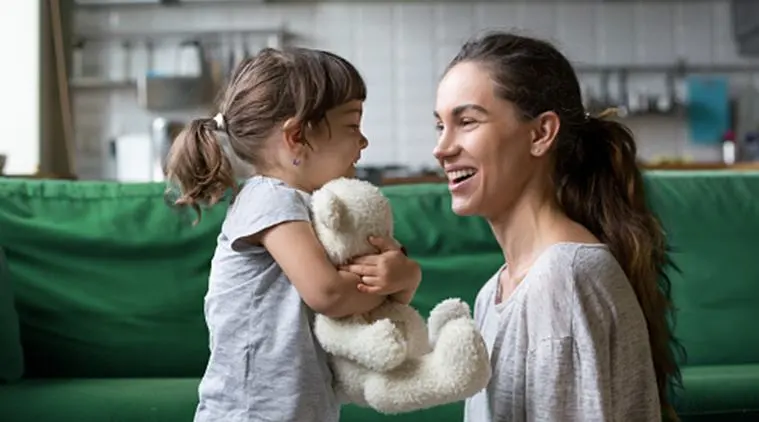
The Early Years Worried That Your Child Isn T Speaking Yet Here Are Some Reasons Parenting News The Indian Express
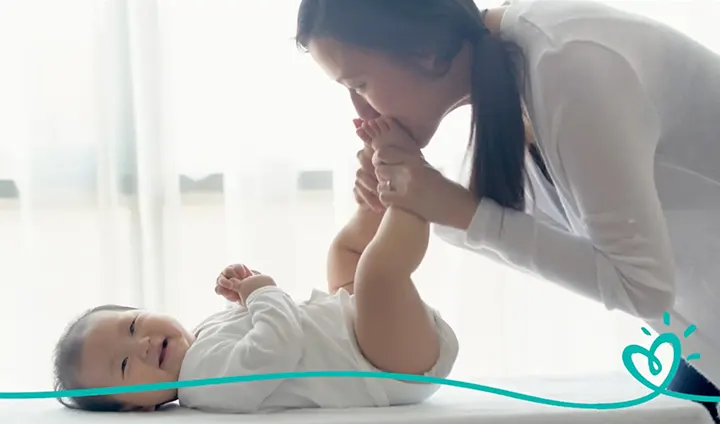
When Do Babies Start Talking Milestones Tips Pampers

4 Fun Ways To Get Baby To Talk Parenting

Infants Begin Learning Speech Mechanics Long Before Their First Word Speaking To Them Early Is Key To Language Development
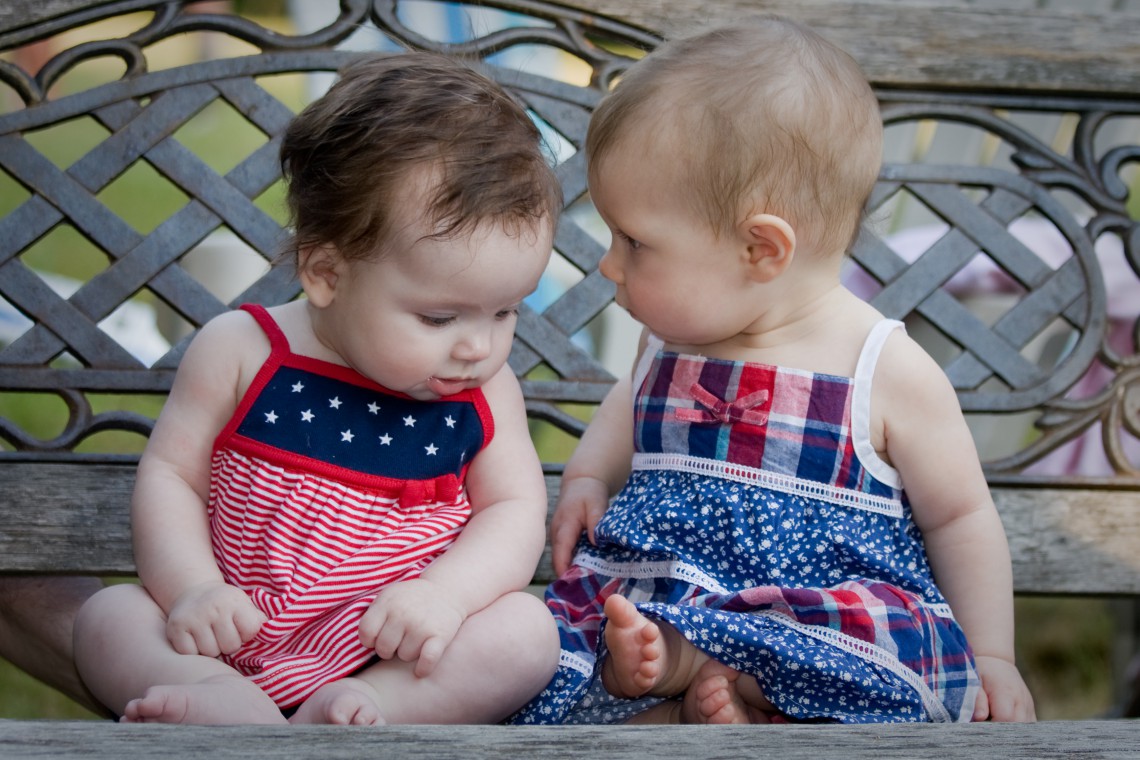
When Do Babies Start Talking 27 Speech Milestones Parents Should Track

/when-do-babies-start-talking-5091993-regular-FINAL-cfc3207f885f4c228beeaf25c9437d2c.png)
/when-do-babies-start-talking-5091993-regular-FINAL-cfc3207f885f4c228beeaf25c9437d2c.png)